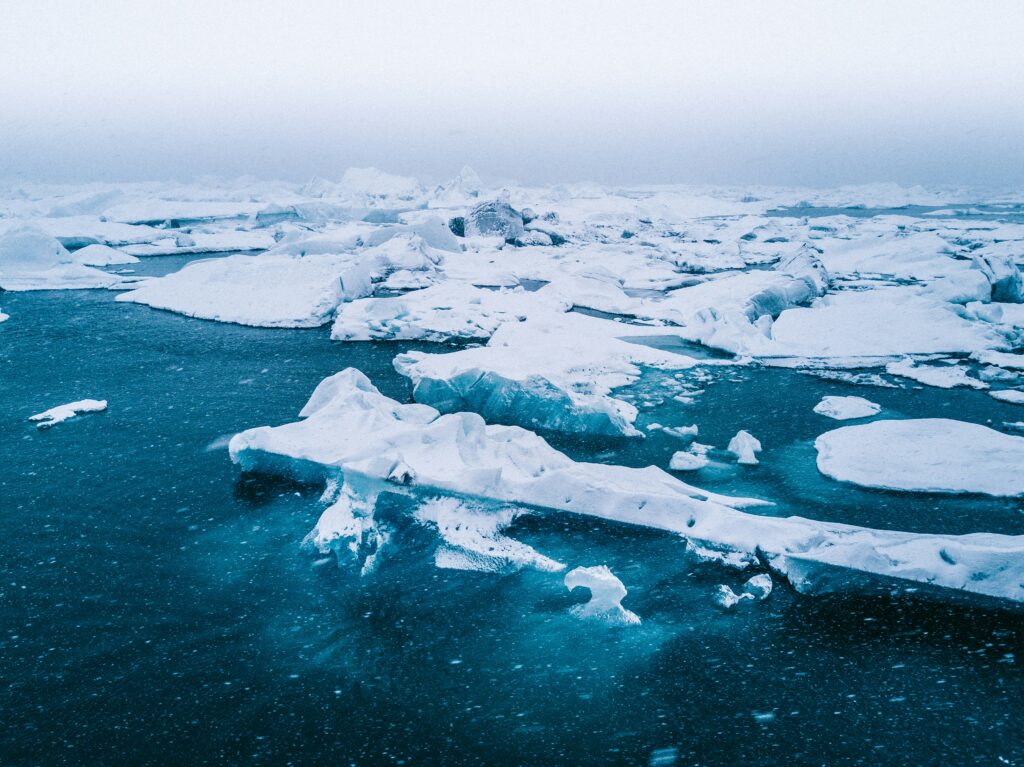
An international research team coordinated by the Institute of Polar Sciences of the National Research Council (CNR-ISP) and Ca’ Foscari University of Venice, with participation of the Institute of Atmospheric Sciences and Climate (CNR-ISAC) and the University of Perugia, has conducted a new research which shows that glaciers are retreating at an unprecedented rate.
The study conducted from 2012 to 2019 on the ice of the Svalbard archipelago, in the Arctic Circle, and recently published in the The Cryosphere journal, has demonstrated that the constant increase in temperatures all over the world results in the loss of information regarding the history of climate and the environment history therein contained. “The Svalbard archipelago is particularly sensitive to climate change because of the relatively low altitude of its main ice sheets,” explained Carlo Barbante, director of CNR-ISP and professor at Ca’ Foscari University. “In addition, the geographic location emphasizes the phenomenon of Arctic amplification, which means that the temperatures in the Arctic region are increasing more rapidly than the global average, and this is caused by processes such as the reduction of sea ice and albedo, which is the refractive capacity of the sun’s rays. The latter, which is typical of clear surfaces, helps keep temperatures lower.”
In order not to further compromise the reconstruction of climate change faced by the Earth over time, in 2023 researchers involved in the Ice Memory and Sentinel projects have completed a complex drilling campaign on the Holthedalfonna Glacier, which had been already investigated from 2012 to 2019, and extracted three deep ice cores. The scientific community hopes that these ice archives still contain climate information representative of the region.

